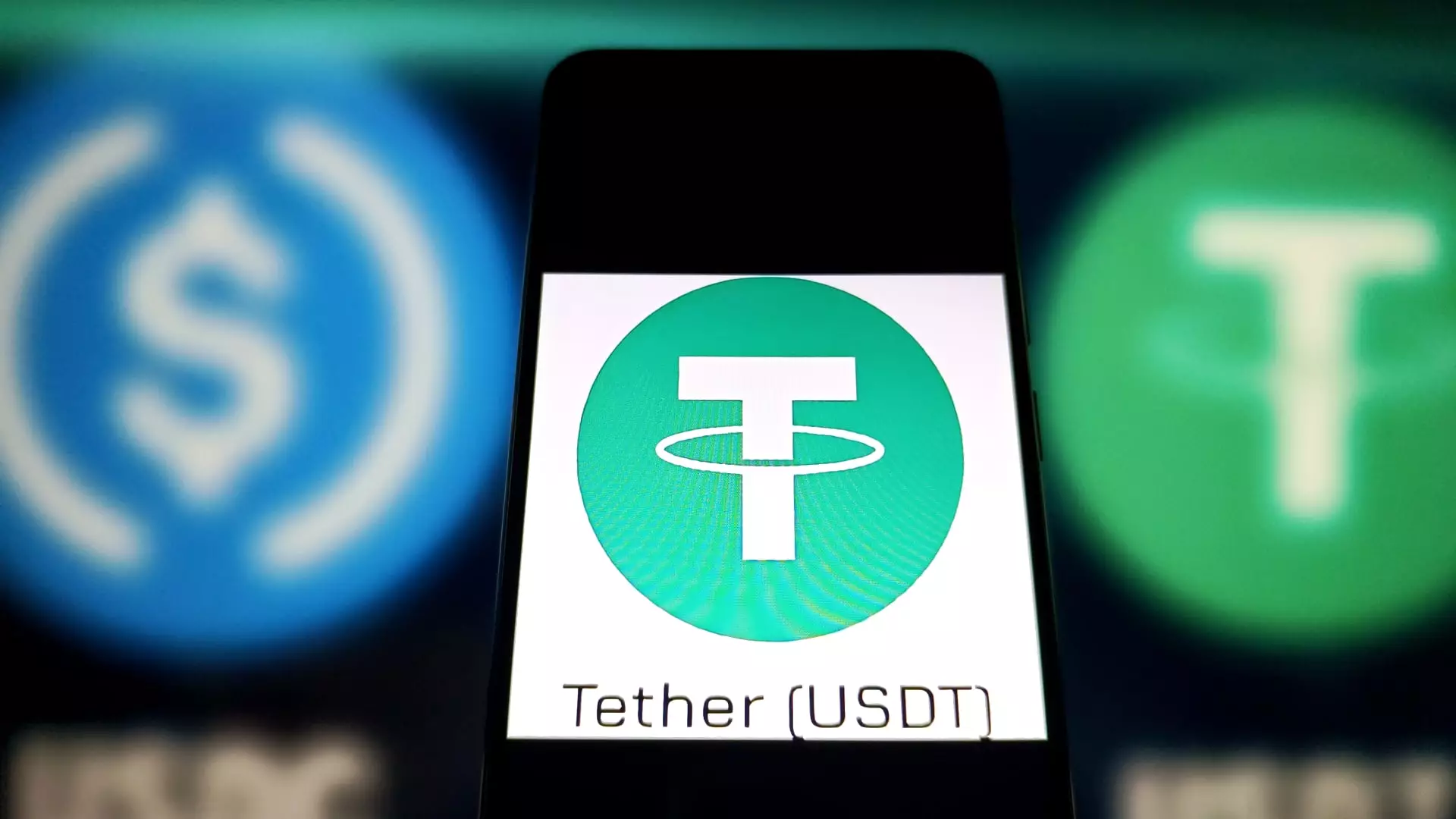In a bold move that signals a significant shift in the global financial landscape, Hong Kong recently passed legislation focused on stablecoins, aiming to stimulate innovation in digital assets while maintaining robust regulatory oversight. As governments around the world wake up to the potential of cryptocurrencies, Hong Kong establishes itself as a forerunner with its emphasis on stability and compliance. The new legislative framework is remarkable not just in its scope but also in its intent to create an orderly market environment that promotes the integrity of financial systems.
Stablecoins, unlike their more infamous counterparts like Bitcoin, tie their value to tangible real-world assets, often fiat currencies or commodities. This linkage provides a cushion against the wild price swings common in cryptocurrencies. As the bill mandates stablecoin issuers to secure licenses from the Hong Kong Monetary Authority (HKMA), it opens a well-defined path toward accountability and consumer trust, steps that are crucial as society leans increasingly into digital financial solutions.
Achieving Balance Between Innovation and Regulation
The legislation sets the stage for a balanced approach to fintech innovations, recognizing that while the rapid evolution of digital finance is beneficial, it requires a strong regulatory foundation. The HKMA’s stipulations include ensuring that stablecoin issuers maintain sufficient asset reserves, manage them appropriately, and protect client funds through segregation. This level of regulatory rigor is commendable and could serve as a gold standard for other jurisdictions looking to embark on similar paths.
The Hong Kong government has emphasized that the new stablecoin policies should go into effect within the year, allowing industry players ample time to adapt and meet compliance standards. This grace period reflects a conscious effort to foster cooperation between the authorities and emerging enterprises, which is not often the case in sectors marked by rapid technological advancement and regulatory lag.
A Global Movement Towards Standardization
This landmark legislation comes in the wake of various governments across the globe grappling with how to regulate stablecoins adequately. Notably, the U.S. Senate’s recent advancement of the GENIUS Act further underlines a growing trend toward establishing regulatory frameworks for stablecoin issuers. Such synchronized efforts highlight an understanding that stablecoins can pave the way for crypto integration into everyday finance by addressing challenges that traditional systems face, like the inefficiencies of cross-border payments.
As the total market cap of stablecoins now hovers around an impressive $232 billion, it’s clear that these digital assets are not just a passing phase but a legitimate segment of the financial ecosystem. Analysts like Chengyi Ong from Chainalysis assert that stablecoins do more than function as a safe haven for investors; they promise to streamline and enhance traditional financial practices, effectively bridging the gap between conventional finance and innovative digital solutions.
Hong Kong as a Model for Financial Innovation
Hong Kong’s regulatory clarity and its firm ideological commitment to being a leader in compliant digital finance could inspire similar frameworks elsewhere, driving meaningful changes that encourage broader adoption of safe digital asset practices. Experts like YeFeng Gong suggest that these regulations set an industry benchmark by promoting reliable, institutional-grade processes, hence presenting Hong Kong not just as a safe harbor but also as a dynamic marketplace for cryptocurrencies.
Strengthening institutional confidence through stringent guidelines is paramount, given that many consumers still harbor skepticism towards cryptocurrencies. By mandating strict redemption guarantees and a system of checks and balances through the HKMA, Hong Kong establishes a level of assurance that both retail and institutional investors require. This clarity can reduce friction and elevate the discourse surrounding digital currencies and assets globally.
A Call for Continued Engagement and Consultation
While Hong Kong makes strides toward a new digital future, it remains imperative that ongoing dialogue between the government, financial institutions, and businesses continues. Transparency and collaborative consultations will be critical in refining the regulatory framework. As the environment for digital assets evolves, Hong Kong must remain adaptive and responsive to both market dynamics and stakeholder feedback to ensure that it fosters an ecosystem rich in innovation, while safeguarding its financial integrity.
With these legislative changes, Hong Kong could redefine its status not just as a financial hub, but as a leader in the adoption and management of digital currencies on a global scale.

